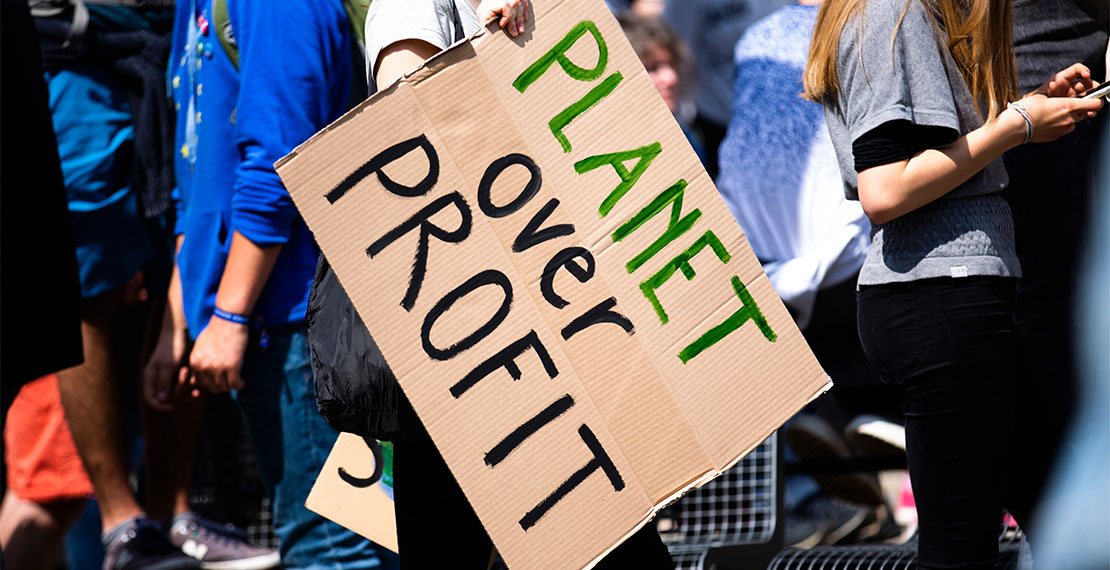(Excerpts from this piece were originally published in Law360)
2020 produced a deluge of rulings affecting the energy industry, with circuit courts allowing climate change lawsuits to proceed against fossil fuel companies in state courts — but not allowing such suits against the federal government at all — and further defining the boundaries of the Federal Energy Regulatory Commission's authority.
One landmark suit, brought a group of children, claiming the federal government is violating their rights by pushing policies that exacerbate climate change was halted on January 17, when a divided Ninth Circuit panel said that courts simply don't have the power to fix those policies.
A 2-1 majority ruled that the children presented compelling evidence about flood-related relocations and other injuries, and that there's also evidence the government's policies are a "substantial factor" in causing them. But the scope of any remedy is simply too large for a court to implement and must come from the legislative and executive branches of government, the majority said.
The children have asked the Ninth Circuit for en banc review of the panel's decision. Even if they're ultimately unsuccessful, getting a federal appeals court to acknowledge that they've suffered climate-related injuries is a win in itself, according to Selendy & Gay partner Joshua Margolin.
"I think that the case has a lot of important language in it that environmental advocates can hopefully take going forward," Margolin said.
The case is Juliana et al. v. U.S. et al., case number 18-36082, in the U.S. Court of Appeals for the Ninth Circuit.
Read the full story in Law360.


